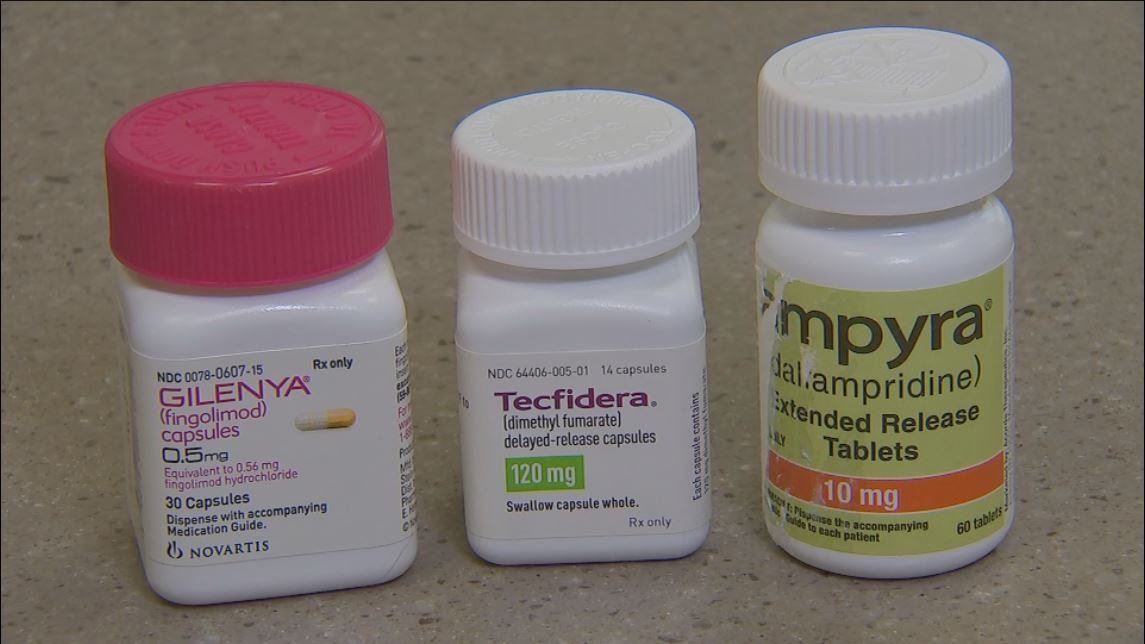PITTSBURGH — It's no shock that health care costs are rising, but a new study from University of Pittsburgh shows how much your out-of-pocket drug prices have skyrocketed in the last decade. Treatment for certain diseases are seeing high prices and if you're healthy, you're still paying for these rising drug prices.
"If you look at me, I look great, but watch me walk. It's a little different," said 56-year old Shirley Nedzesky of Castle Shannon.
For 15 years, Nedzesky has lived with multiple sclerosis (MS), a disabling disease of the central nervous system.
"It's a very deliberating disease, emotionally and physically," said Nedzesky.
Even on Medicare, she's seen the price of her medication jump way up.
"Our drugs are out control, and it's not like we want to do this," said Nedzesky.
TRENDING NOW:
- 1 person killed in crash on Route 22
- 11 fall festivals to check out in and around Pittsburgh
- Parents protest as man now accused in 2 child luring cases appears at Washington Co. Courthouse
- VIDEO: 'I just felt helpless.' Man followed home from bank, robbed of $2,000
- DOWNLOAD the Channel 11 News app for breaking news alerts
University of Pittsburgh pharmacy professor, Inmaculada Hernandez led a study that found the price of MS drugs skyrocketed for Medicare patients from 2006 to 2016. She says it not just new drugs, but drugs that have been on the market for a year.
"Patients are paying seven times more than what they were paying in 2006 out of pocket for these medications," said Hernandez. "We say that all the drugs increased parallel, and this has been seen with other classes, so there is not a differentiation somehow because of innovation."
In the past year, Channel 11 has looked into the steep rise in drug costs, including insulin. Hernandez has studied those increases, too, but found MS drugs for Medicare is the highest jump.
Over 10 years, the list price for a patient went from $18,000 to nearly $76,000, and since it's Medicare, we all pay for it.
"Spending in Medicare comes from taxpayer dollars, so that tenfold increase in what Medicare is paying for these drugs translates into what all over us taxpayers are paying for," said Hernandez.
Nedzesky wants to see the government step up and negotiate Medicare costs.
"We need to do something with these drug prices; it's out of control," said Nedzesky.
Critics argue the drug list price is canceled out by manufacturer rebates and other discounts but Nedzesky disagrees.
Click here to see the study from Pitt.
Cox Media Group






